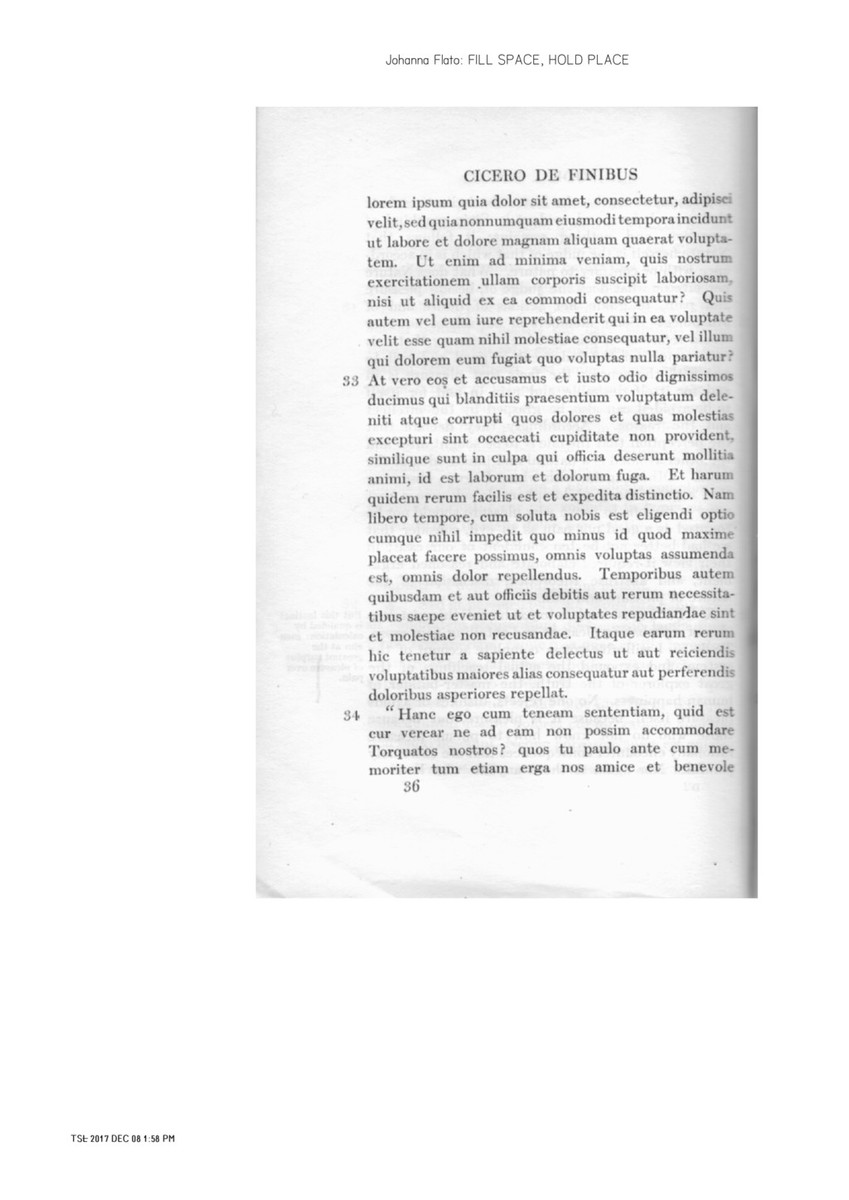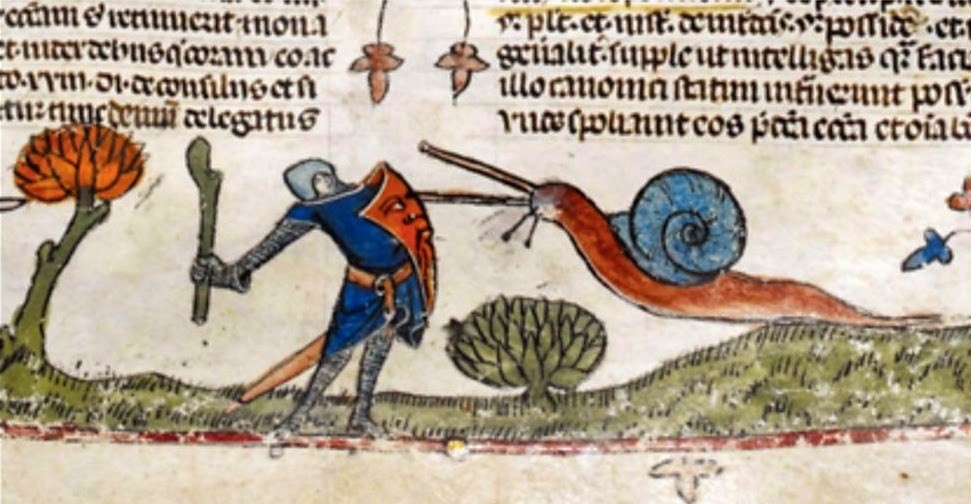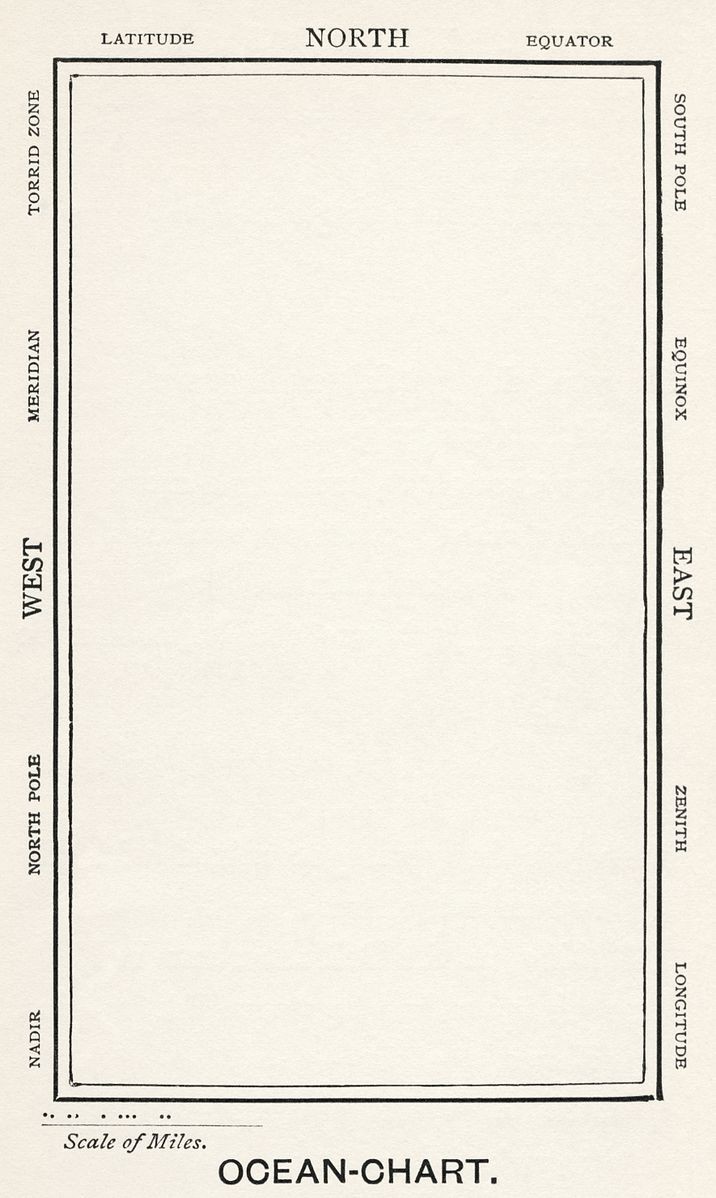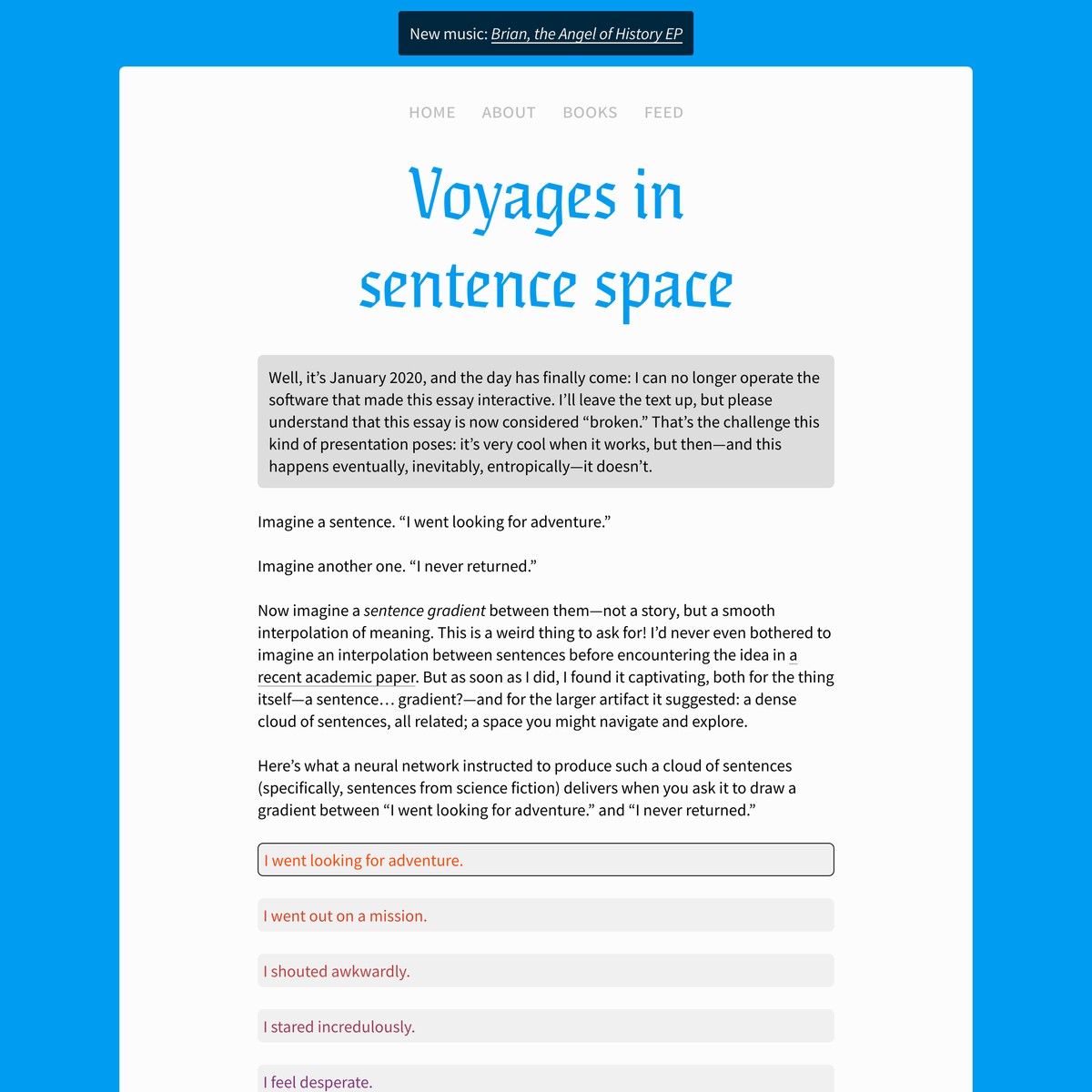syn·site
in fun terms: (exuberant): a "syn-site" is like a superhero of spaces, not stuck in one place or time but zooming across different locations and experiences, both real and virtual. It can be anywhere and everywhere, all at once, juggling a bazillion different things. Picture a super-charged, ultra-connected web of experiences that's constantly evolving and changing. It's like the ultimate party where everyone and everything is invited, from real-world objects to digital ideas, all interacting and influencing each other in a cosmic dance! (whimsical): imagine every place you've ever been, every dream you've ever had, every idea that's ever tickled your brain, all gathered together for a grand cosmic potluck. Each brings their own flavor, their own story, their own essence, creating a delightful, surprising, and sometimes bewildering mélange. That's a syn-site: a cosmic kitchen where reality's recipes get remixed, and the menu is always changing!
in fun terms: (exuberant): a "syn-site" is like a superhero of spaces, not stuck in one place or time but zooming across different locations and experiences, both real and virtual. It can be anywhere and everywhere, all at once, juggling a bazillion different things. Picture a super-charged, ultra-connected web of experiences that's constantly evolving and changing. It's like the ultimate party where everyone and everything is invited, from real-world objects to digital ideas, all interacting and influencing each other in a cosmic dance! (whimsical): imagine every place you've ever been, every dream you've ever had, every idea that's ever tickled your brain, all gathered together for a grand cosmic potluck. Each brings their own flavor, their own story, their own essence, creating a delightful, surprising, and sometimes bewildering mélange. That's a syn-site: a cosmic kitchen where reality's recipes get remixed, and the menu is always changing!
SYN (along with, at the same time | from Greek SYN, with | ~SYNTHETIC) + SITE (N: point of event, occupied space, internet address; V: to place in position | from Latin SITUS, location, idleness, forgetfulness | ~WEBSITE ¬cite ¬sight), cf. SITE/NON-SITE (from Robert Smithson, A PROVISIONAL THEORY OF NONSITES, 1968)
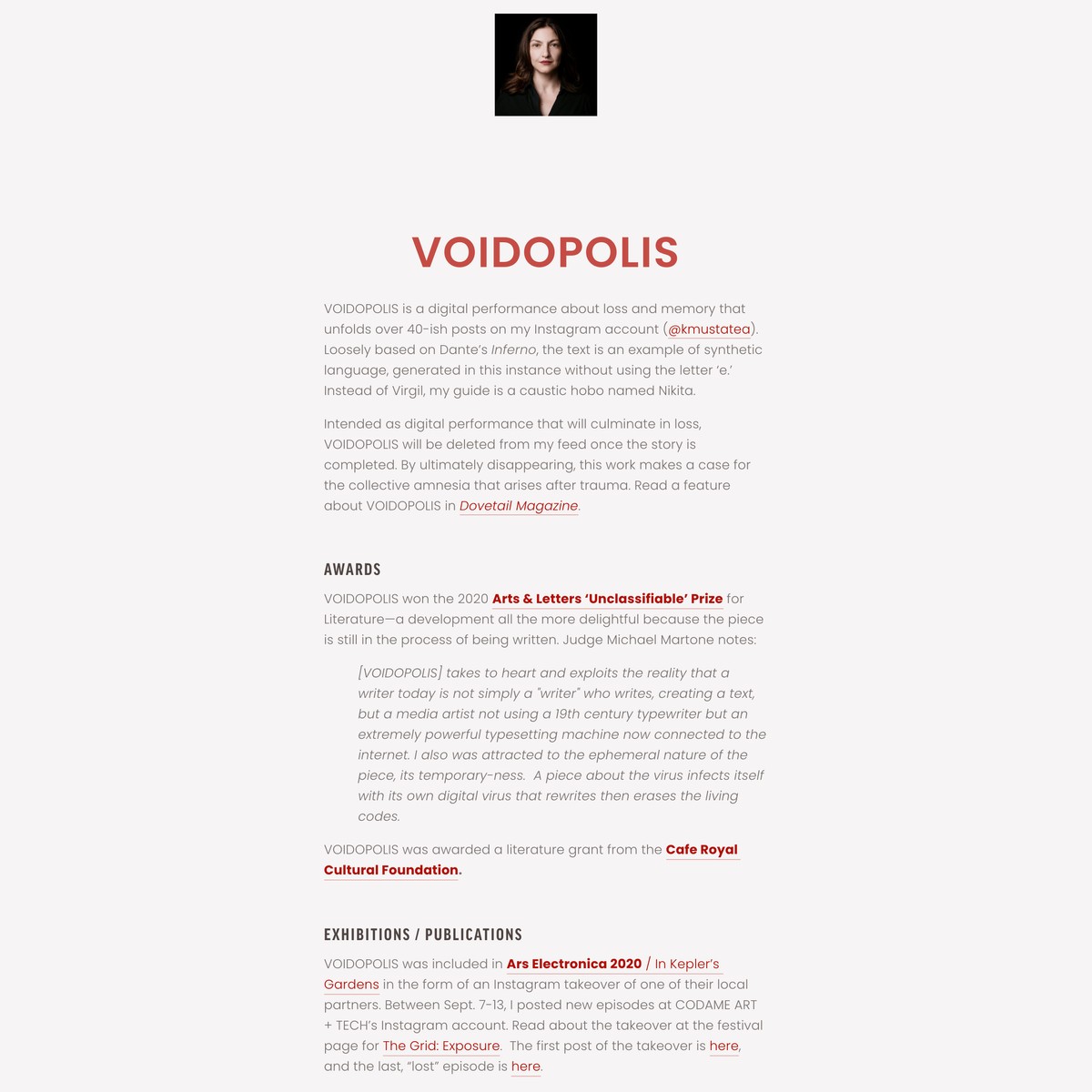


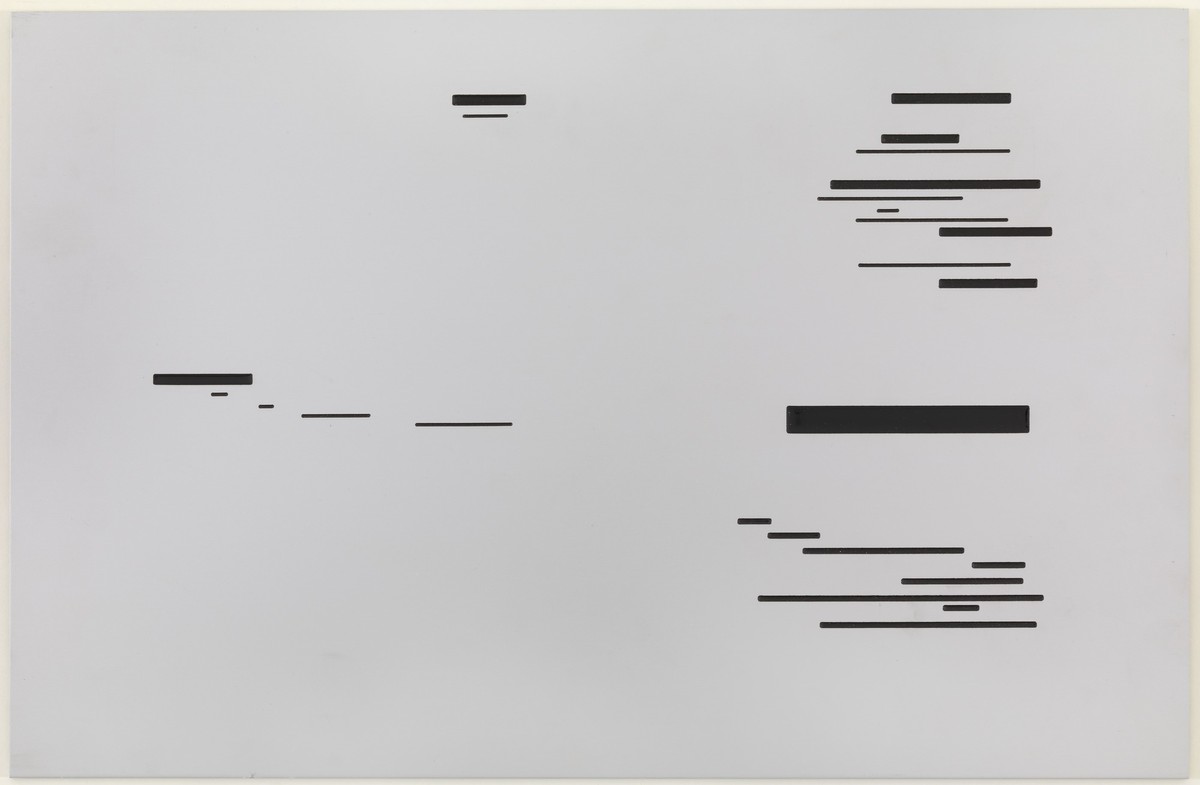


Broodthaers claims and then augments Mallarmé’s poem to produce a new, third body, a field between the works. The whole is without novelty, save the spacing of one’s reading; the blanks, in effect, assume importance. The madness of the “a self-annihilating nothing” prescription. But this was only to be expected, since Broodthaers was an imitation artist. It may be that the supreme triumph of such advanced art is to cast doubt on its own validity, mixing a deep scandalous laughter with the religious spirit. There’s a violence in this turn, the same violence that attends graffiti: Don’t think, look!
Broodthaers claims and then augments Mallarmé’s poem to produce a new, third body, a field between the works. The whole is without novelty, save the spacing of one’s reading; the blanks, in effect, assume importance. The madness of the “a self-annihilating nothing” prescription. But this was only to be expected, since Broodthaers was an imitation artist. It may be that the supreme triumph of such advanced art is to cast doubt on its own validity, mixing a deep scandalous laughter with the religious spirit. There’s a violence in this turn, the same violence that attends graffiti: Don’t think, look!
Broodthaers claims and then augments Mallarmé’s poem to produce a new, third body, a field between the works. The whole is without novelty, save the spacing of one’s reading; the blanks, in effect, assume importance. The madness of the “a self-annihilating nothing” prescription. But this was only to be expected, since Broodthaers was an imitation artist. It may be that the supreme triumph of such advanced art is to cast doubt on its own validity, mixing a deep scandalous laughter with the religious spirit. There’s a violence in this turn, the same violence that attends graffiti: Don’t think, look!
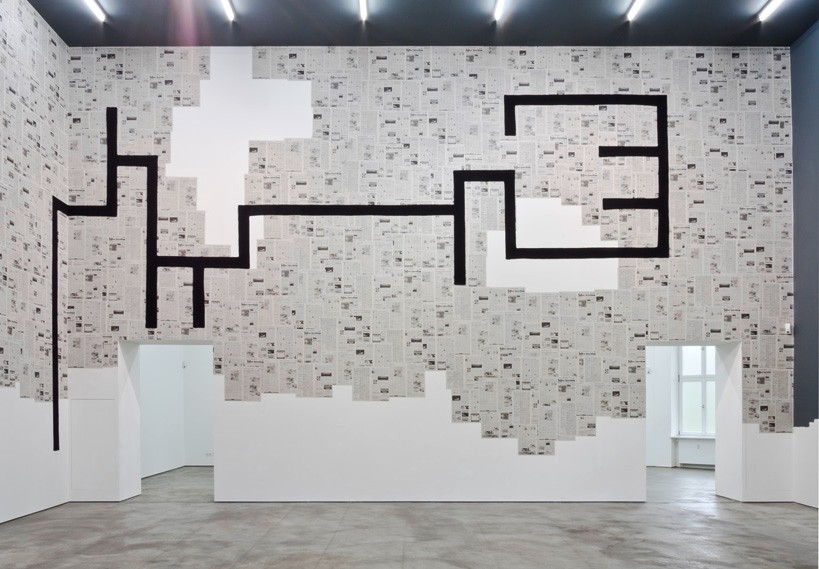


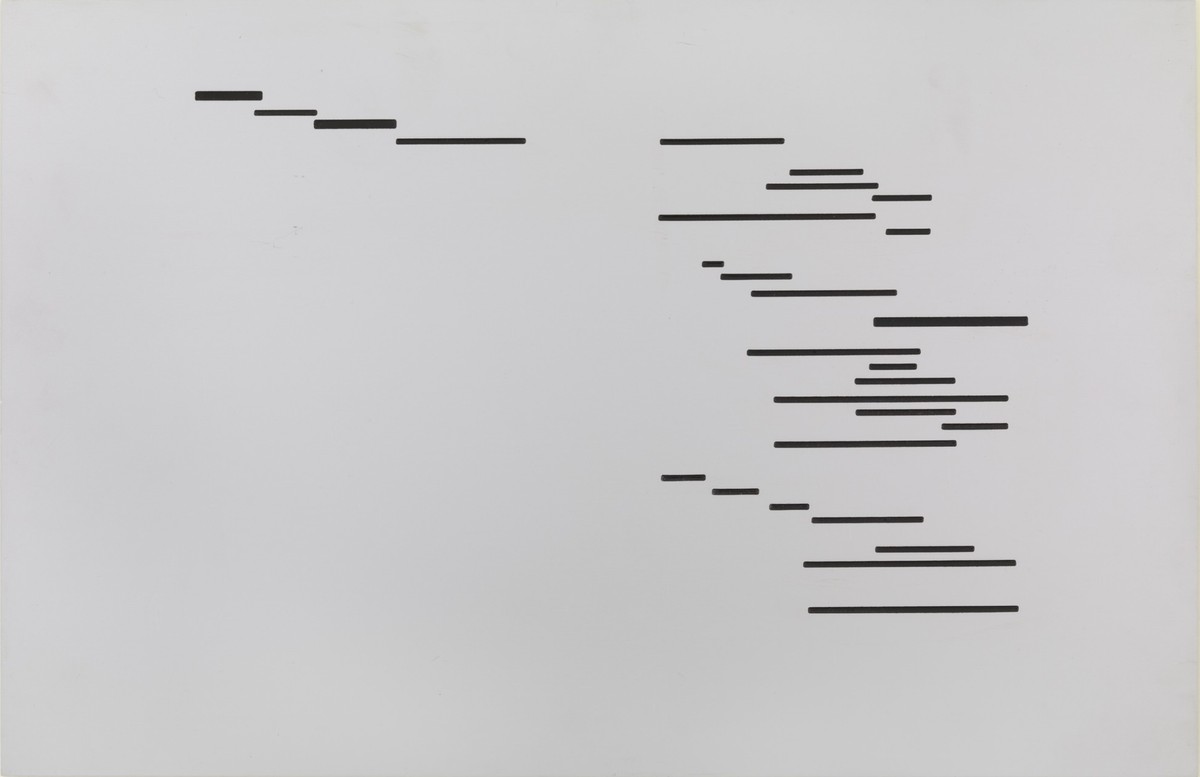


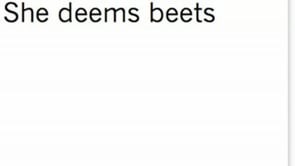


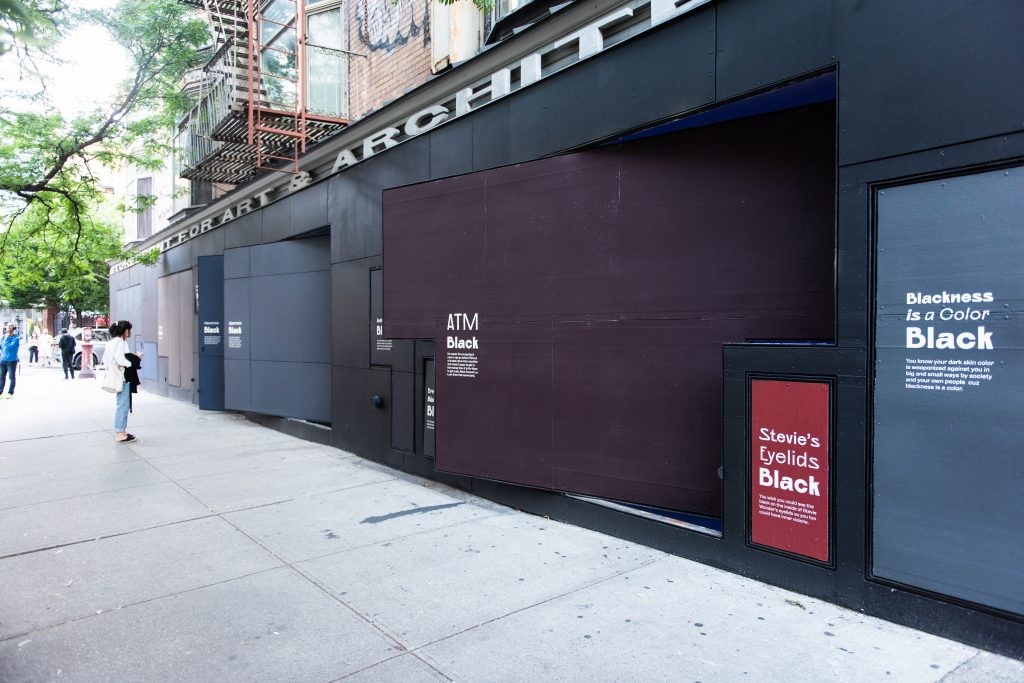


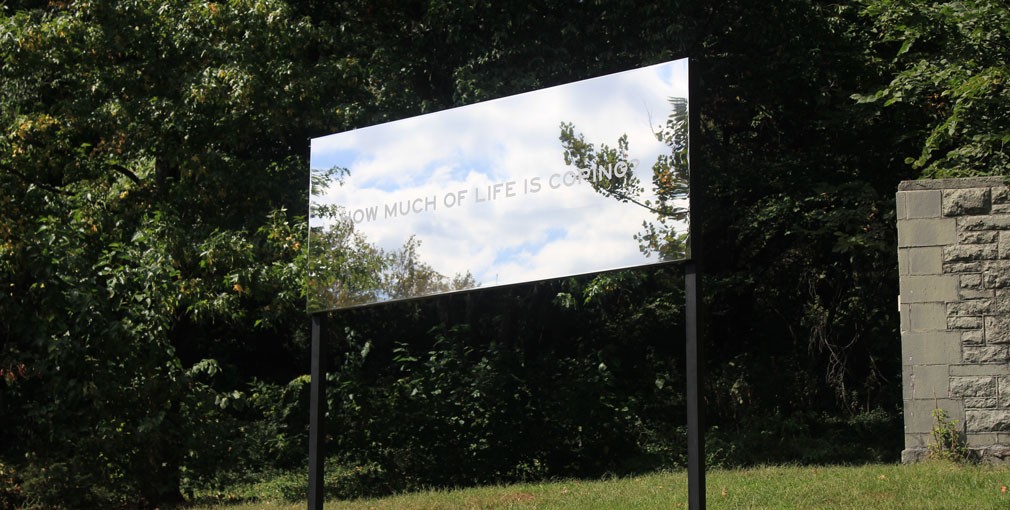


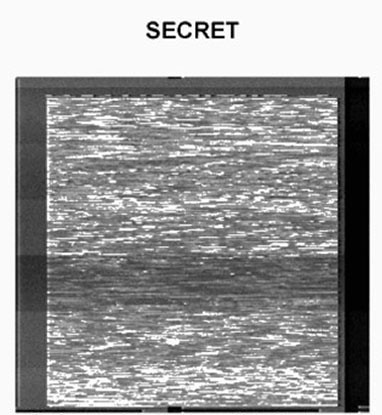


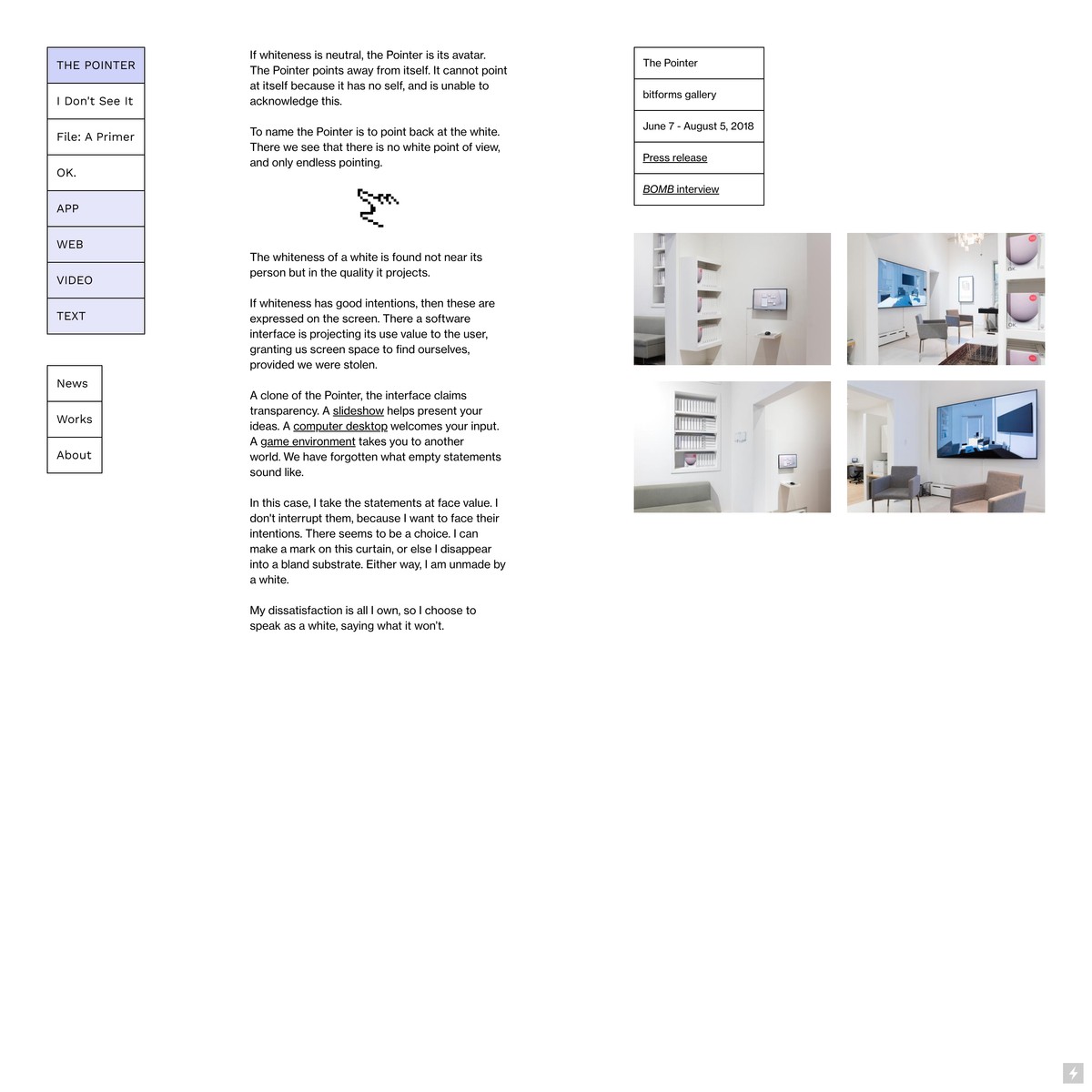


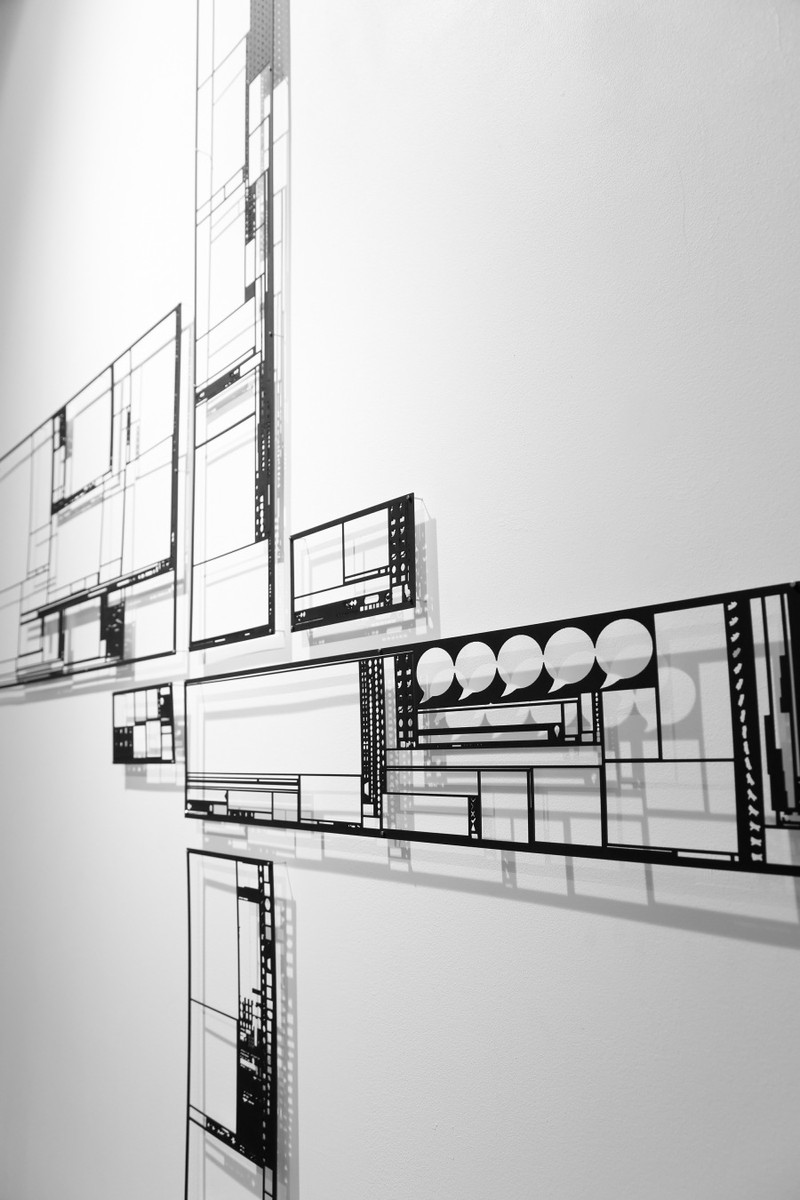





“Other maps are such shapes, with their islands and capes!
But we’ve got our brave Captain to thank”
(So the crew would protest) “that he’s bought us the best ———
A perfect and absolute blank!”
“Other maps are such shapes, with their islands and capes!
But we’ve got our brave Captain to thank”
(So the crew would protest) “that he’s bought us the best ———
A perfect and absolute blank!”
“Other maps are such shapes, with their islands and capes!
But we’ve got our brave Captain to thank”
(So the crew would protest) “that he’s bought us the best ———
A perfect and absolute blank!”
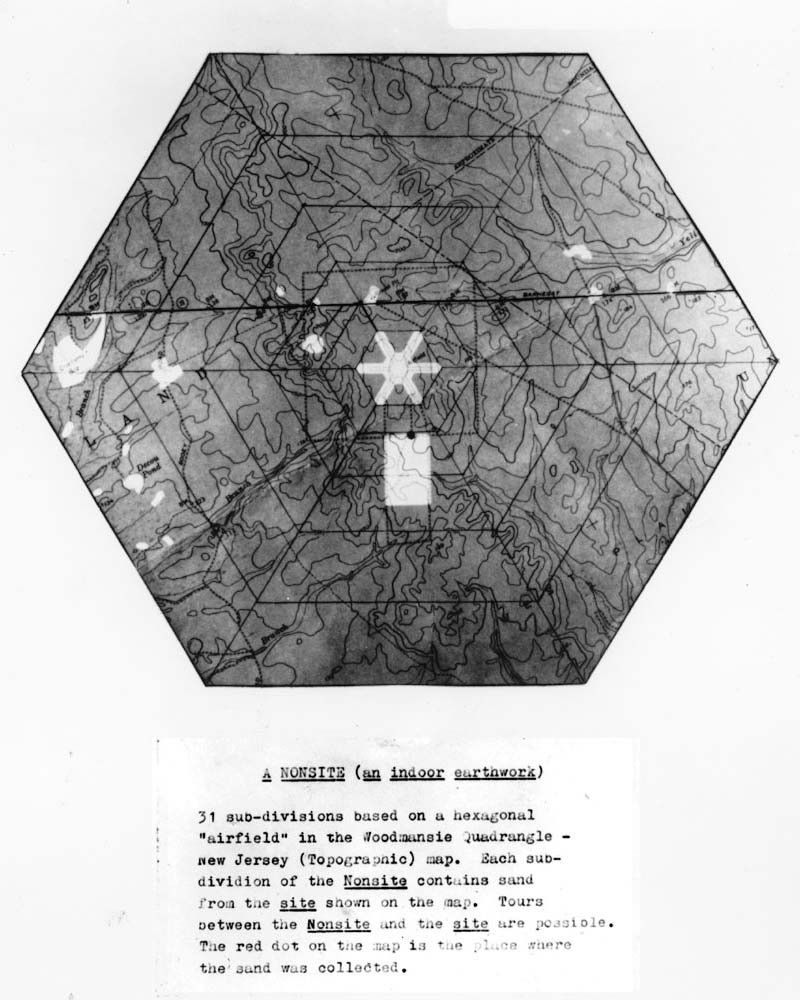


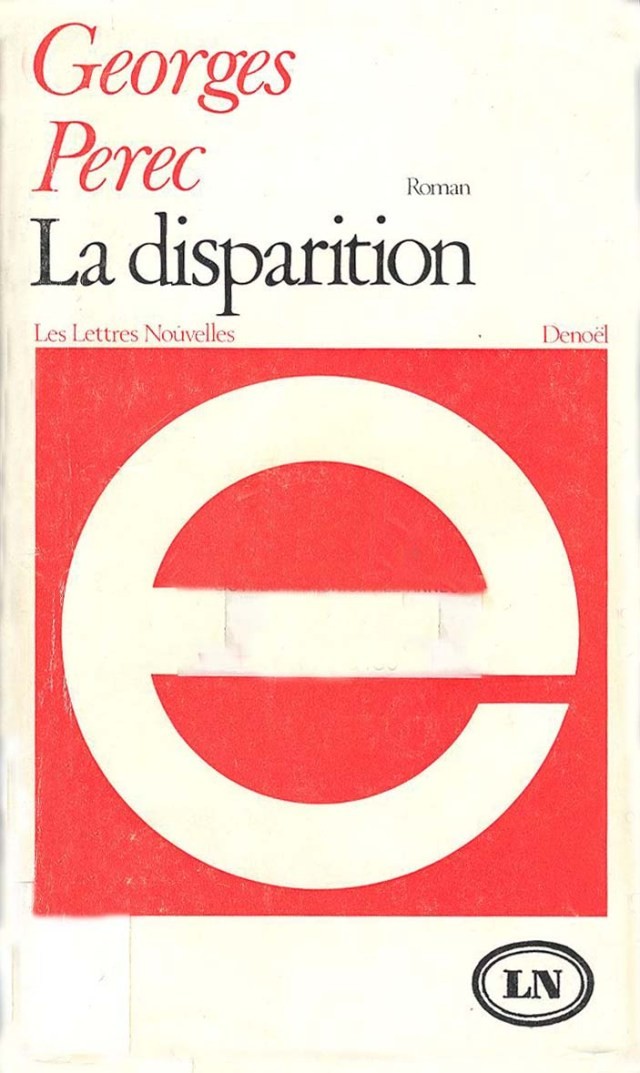


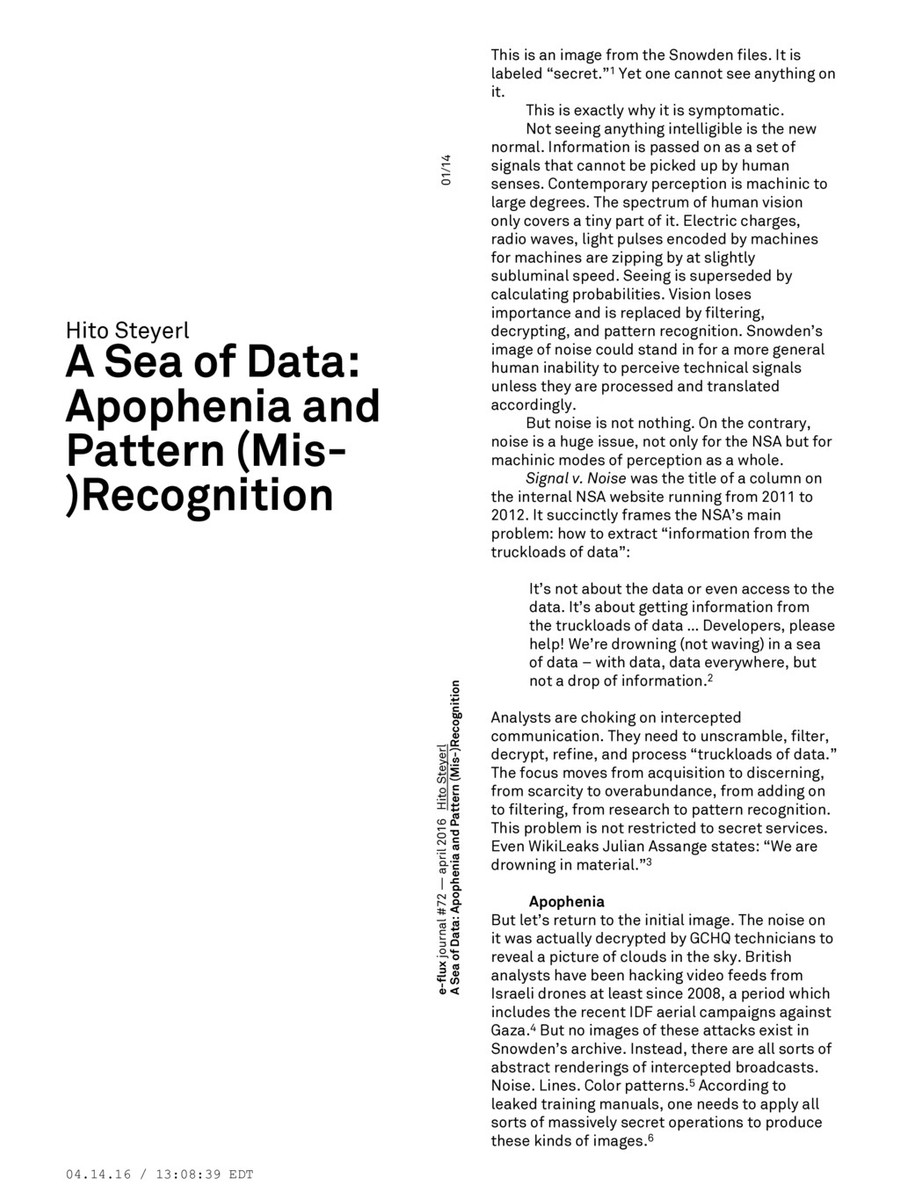


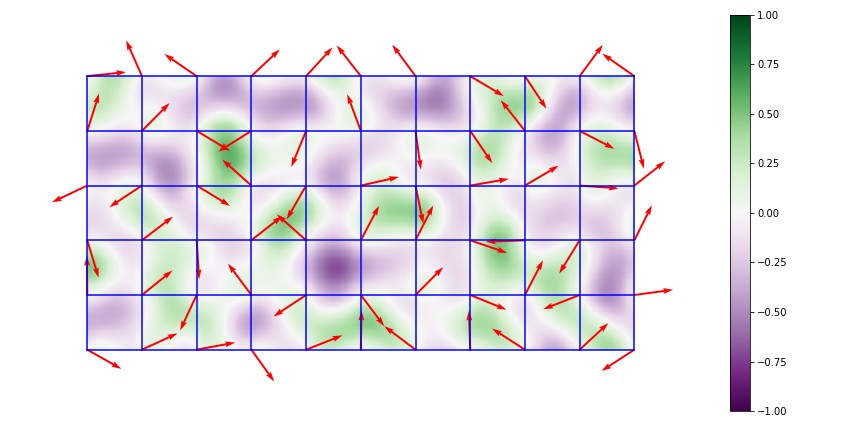


Imagine a sentence. “I went looking for adventure.”
Imagine another one. “I never returned.”
Now imagine a sentence gradient between them—not a story, but a smooth interpolation of meaning. This is a weird thing to ask for! I’d never even bothered to imagine an interpolation between sentences before encountering the idea in a recent academic paper. But as soon as I did, I found it captivating, both for the thing itself—a sentence… gradient?—and for the larger artifact it suggested: a dense cloud of sentences, all related; a space you might navigate and explore.
Imagine a sentence. “I went looking for adventure.”
Imagine another one. “I never returned.”
Now imagine a sentence gradient between them—not a story, but a smooth interpolation of meaning. This is a weird thing to ask for! I’d never even bothered to imagine an interpolation between sentences before encountering the idea in a recent academic paper. But as soon as I did, I found it captivating, both for the thing itself—a sentence… gradient?—and for the larger artifact it suggested: a dense cloud of sentences, all related; a space you might navigate and explore.
Imagine a sentence. “I went looking for adventure.”
Imagine another one. “I never returned.”
Now imagine a sentence gradient between them—not a story, but a smooth interpolation of meaning. This is a weird thing to ask for! I’d never even bothered to imagine an interpolation between sentences before encountering the idea in a recent academic paper. But as soon as I did, I found it captivating, both for the thing itself—a sentence… gradient?—and for the larger artifact it suggested: a dense cloud of sentences, all related; a space you might navigate and explore.
…the only hope is in error because when all the technological systems work—we are lost.
…the only hope is in error because when all the technological systems work—we are lost.
…the only hope is in error because when all the technological systems work—we are lost.
